Hintergrund Open Access ist und bleibt ein zentrales Thema für die Wissenschaft und das wissenschaftliche Publizieren im Land Brandenburg. In der im Jahr 2019 vorgelegten Open-Access-Strategie des Landes ging es darum, der Gestaltung der Open-Access-Transformation eine passende Form und feste Ziele zu geben sowie konkrete Maßnahmen zu formulieren. (siehe Open-Access-Strategie des Landes Brandenburg (1.0). Zenodo.
Rogue Scholar Beiträge
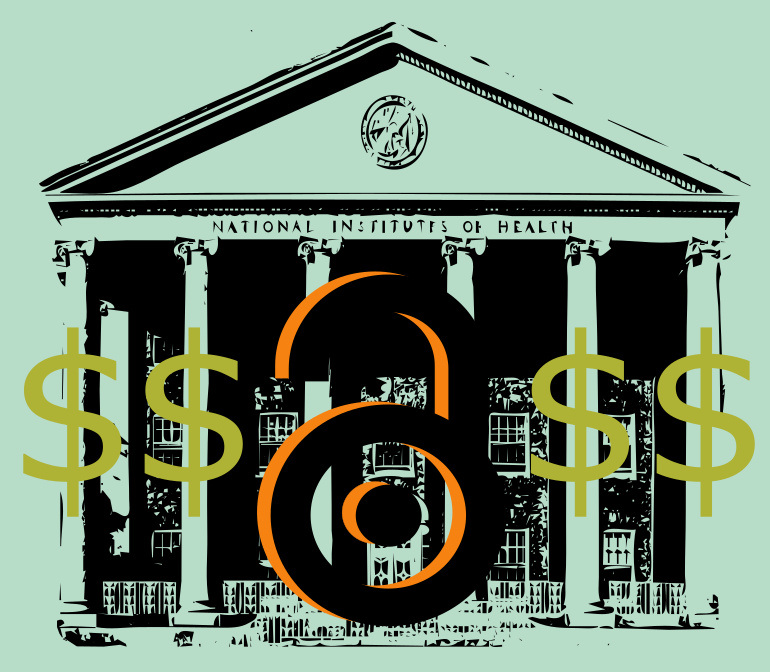
Recently, the National Institutes of Health (NIH) announced it will cap the amount of direct funding support that researchers can spend on paying for article processing charges, or APCs. These fees are increasingly used by publishers for their revenue streams and makes researcher contributed articles available to read for free via "gold" open access.
(The Spanish version of this blog post is available here). The project, funded by Canada’s International Development Research Centre (IDRC), is led by the Latin American Forum for Scientific Evaluation (FOLEC) of the Latin American Council of Social Sciences (CLACSO), in collaboration with the Centre for Science and Technology Studies (CWTS) at Leiden University and SIRIS Academic. International funding circuits are not neutral;
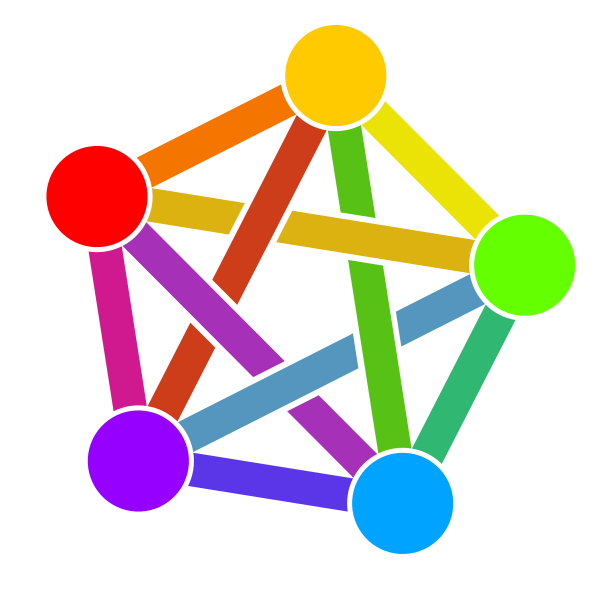
How the Fediverse is growing to meet its challenges [German language version of this text is published in FIfF-Kommunikation 2/2025, […]
Researchers increasingly use the Open Science Framework (OSF) to share files, such as data and code underlying scientific publications, or presentations and materials for scientific workshops. The OSF is an amazing service that has contributed immensely to a changed research culture where psychologists share data, code, and materials. We are very grateful it exists. But it is not always the most user-friendly.
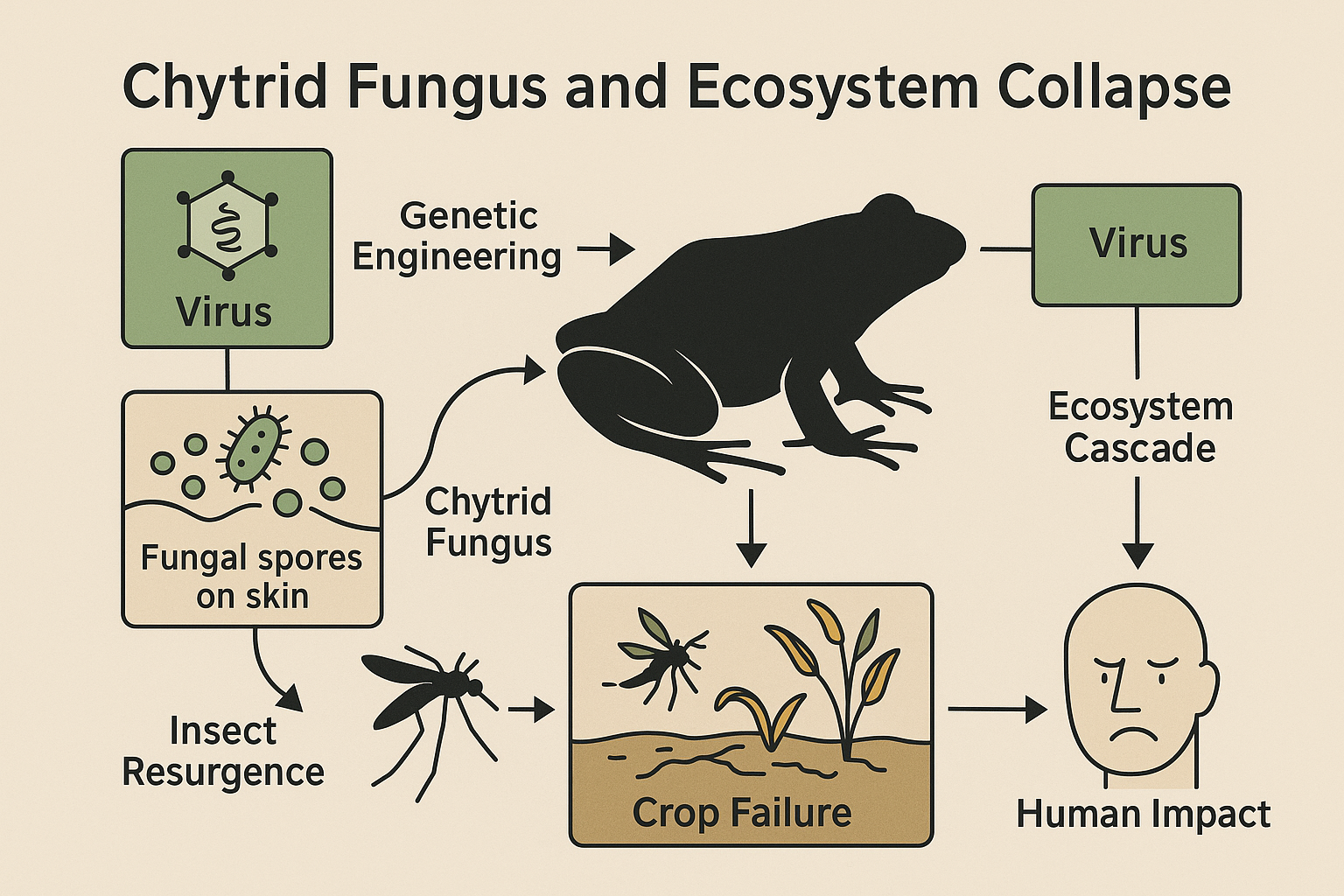
Genetic engineering, ecological collapse, and the cost of getting it wrong

The following text presents a condensed summary of "The state of global catastrophic risk research: a bibliometric review" by Jehn et al. (2025), published in Earth System Dynamics. The paper represents the first systematic bibliometric analysis of global catastrophic risk (GCR) and existential risk (ER) literature, examining a large number of documents to map the field's development, identify research clusters, and assess current challenges.

We all know this person. Or we are this person. You troubleshoot broken connections in the lab, fix the department printer, teach undergrads how to use the Nanodrop and pH-meter, and share all your best Excel hacks. Congratulations: you're the Swiss Army knife of your lab. But guess what?
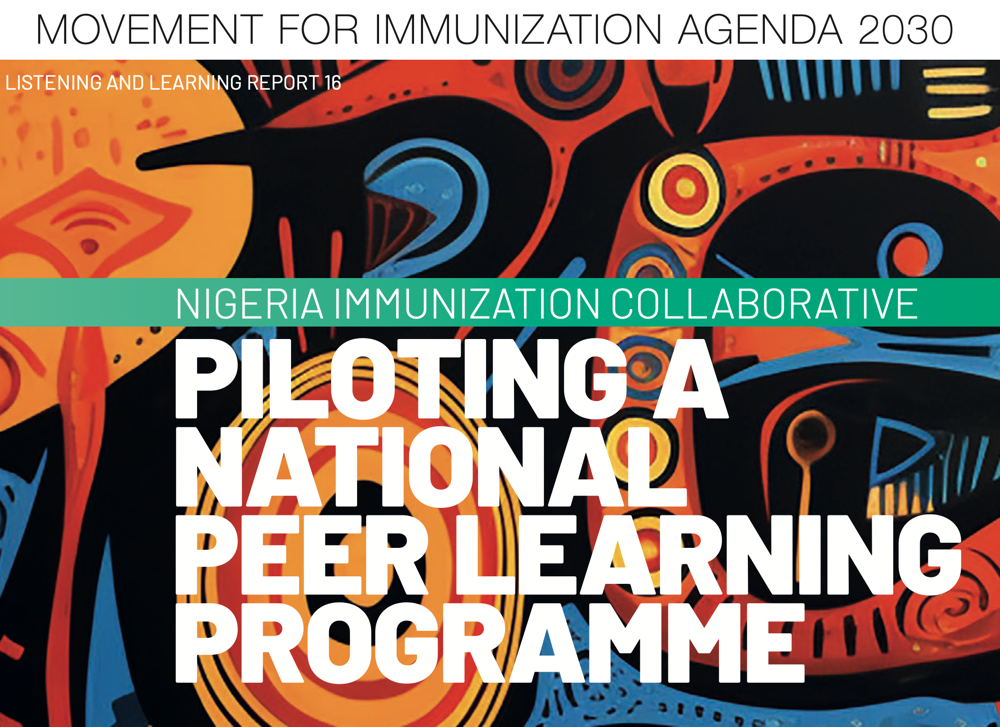
Insights report about Nigeria’s Immunization Agenda 2030 Collaborative surfaces surprising solutions for both demand- and supply-side immunization challenges When 4,434 practitioners from all 36 states asked why children in their communities remained unvaccinated, the problems they thought they understood often had entirely different root causes. “I ended up being surprised at the answer I got,” said one health worker.
In the previous post I followed up on an article published on the theme “Physical Organic Chemistry: Never Out of Style“. Paul Rablen presented the case that the amount of o (ortho) product in electrophilic substitution of a phenyl ring bearing an EWG (electron withdrawing group) is often large enough to merit changing the long […]
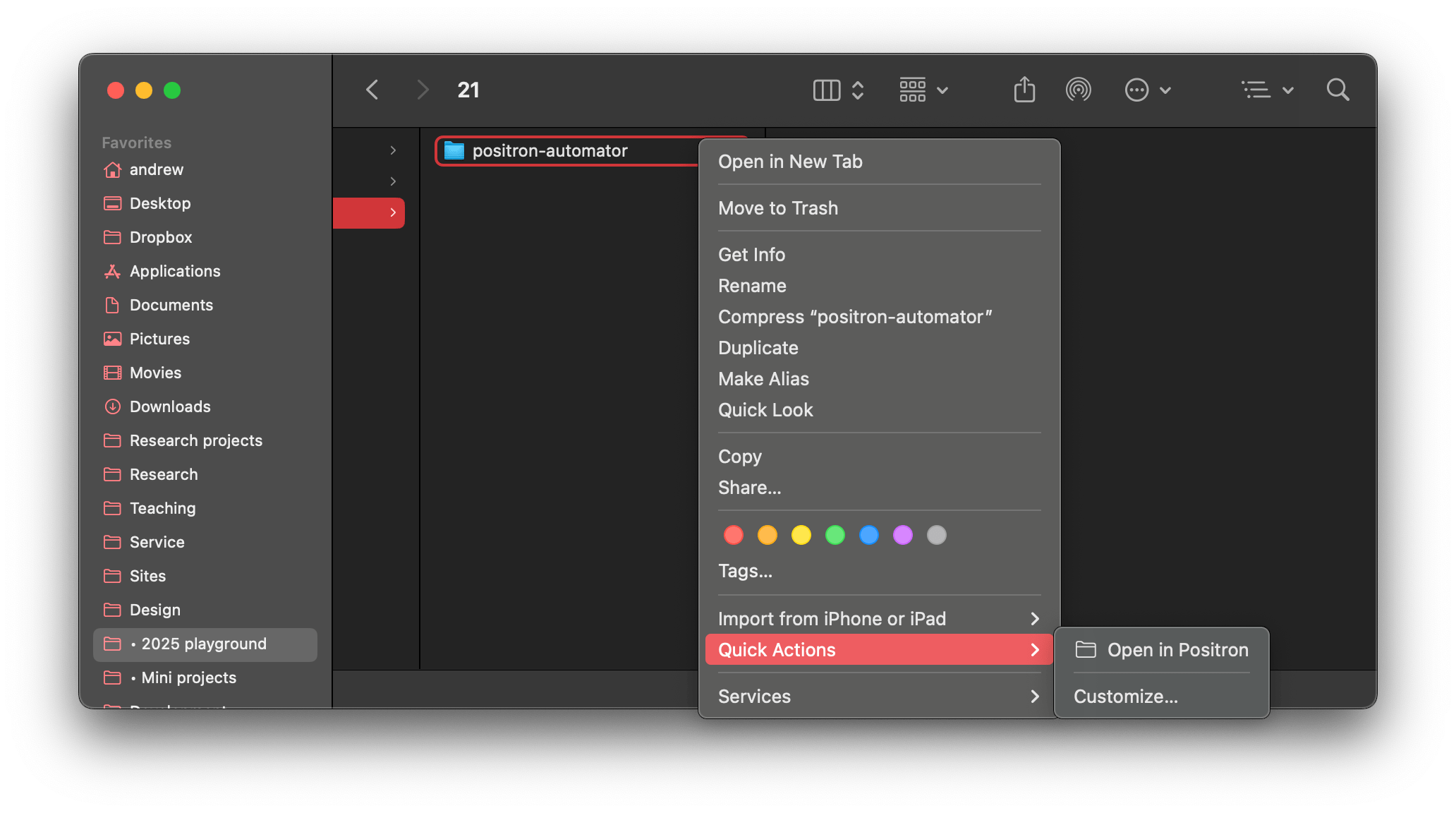
tl;dr Download and unzip this: “Open in Positron” Quick Action Put Open in Positron.workflow in ~/Library/Services. Now you can right click on folders in Finder, go to Quick Actions, and select “Open in Positron” to open folders as projects in Positron. One thing I’m still adjusting to in Positron is how it treats projects and folders.